“Pension system reform necessary”
Finance Minister Diana Dragutinović said that Serbia must fulfill two important reforms in the pension system by the end of May.
Monday, 26.04.2010.
12:14

Finance Minister Diana Dragutinovic said that Serbia must fulfill two important reforms in the pension system by the end of May. She said that the entire pension system must be reformed and the law for fiscal responsibility must be adopted as well. “Pension system reform necessary” Dragutinovic is leading the state delegation at the spring session of the International Monetary Fund and World Bank in Washington. The first draft of pension law has been forwarded to the IMF, Dragutinovic said. Presidential economic advisor Jurij Bajec said that “everything related to the law for the pension system has already been agreed on, and the only thing left to confirm is the indexation of pensions starting April 2011.” Dragutinovic said that Serbia would be more relaxed when entering the next set of negotiations with the IMF. Analyses have already been sent to the IMF, as has the first draft of the fiscal responsibility law. She said that if there is an agreement with the IMF on the fiscal responsibility law, then there will be an agreement on the pension system law as well. Bajec said that according to the latest very of the pension system reform plan, pensions should be harmonized with increases in wages in the public sector. Ruling PUPS party leader Jovan Krkobabic said that he expects better circumstances for pensioners and workers when pensions and wages are unfrozen once the economic situation improves. “Pensions are being paid regularly without delays and postponements. Because of the large and deep economic crisis, we had to freeze wages and pensions temporarily, but as soon as the economic situation improves a little, we are on the road to unfreeze them very quickly,” Krkobabic said. However, there are a lot of obstacles awaiting the economy on the road to recovery. President of the Serbian Chamber of Commerce Milos Bugarin noted that the Serbian economy has no indications of a sustainable growth if its exports and competitiveness are not strengthened. “As far as the domestic market is concerned, it is represented with 80 percent, and the foreign demand is represented with about 20 percent, and that is very small, and I think that all institutions of the government and all business associations must work to increase the competitiveness of the Serbian industry, to motivate and stimulate the companies that are exporting products. If we do not reach the magical amount of exported products being 50 percent of the GDP, we have no chance at a sustainable growth,” Bugarin said. Statistics say that the average wage in February 2010 was lower than in September 2008. In 2010, the average Serbian citizen spent EUR 103 more than they earn, while 1.12 average wages are needed in order to cover the average monthly consumer basket. Diana Dragutinovic (Tanjug, file)
“Pension system reform necessary”
Dragutinović is leading the state delegation at the spring session of the International Monetary Fund and World Bank in Washington.The first draft of pension law has been forwarded to the IMF, Dragutinović said.
Presidential economic advisor Jurij Bajec said that “everything related to the law for the pension system has already been agreed on, and the only thing left to confirm is the indexation of pensions starting April 2011.”
Dragutinović said that Serbia would be more relaxed when entering the next set of negotiations with the IMF.
Analyses have already been sent to the IMF, as has the first draft of the fiscal responsibility law.
She said that if there is an agreement with the IMF on the fiscal responsibility law, then there will be an agreement on the pension system law as well.
Bajec said that according to the latest very of the pension system reform plan, pensions should be harmonized with increases in wages in the public sector.
Ruling PUPS party leader Jovan Krkobabić said that he expects better circumstances for pensioners and workers when pensions and wages are unfrozen once the economic situation improves.
“Pensions are being paid regularly without delays and postponements. Because of the large and deep economic crisis, we had to freeze wages and pensions temporarily, but as soon as the economic situation improves a little, we are on the road to unfreeze them very quickly,” Krkobabić said.
However, there are a lot of obstacles awaiting the economy on the road to recovery.
President of the Serbian Chamber of Commerce Miloš Bugarin noted that the Serbian economy has no indications of a sustainable growth if its exports and competitiveness are not strengthened.
“As far as the domestic market is concerned, it is represented with 80 percent, and the foreign demand is represented with about 20 percent, and that is very small, and I think that all institutions of the government and all business associations must work to increase the competitiveness of the Serbian industry, to motivate and stimulate the companies that are exporting products. If we do not reach the magical amount of exported products being 50 percent of the GDP, we have no chance at a sustainable growth,” Bugarin said.
Statistics say that the average wage in February 2010 was lower than in September 2008.
In 2010, the average Serbian citizen spent EUR 103 more than they earn, while 1.12 average wages are needed in order to cover the average monthly consumer basket.











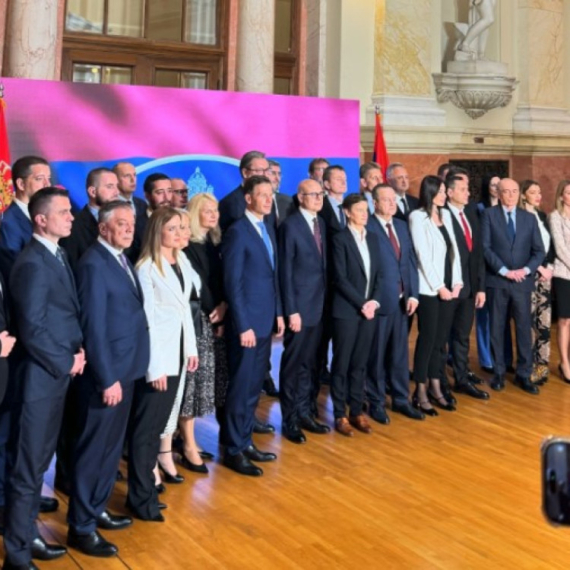



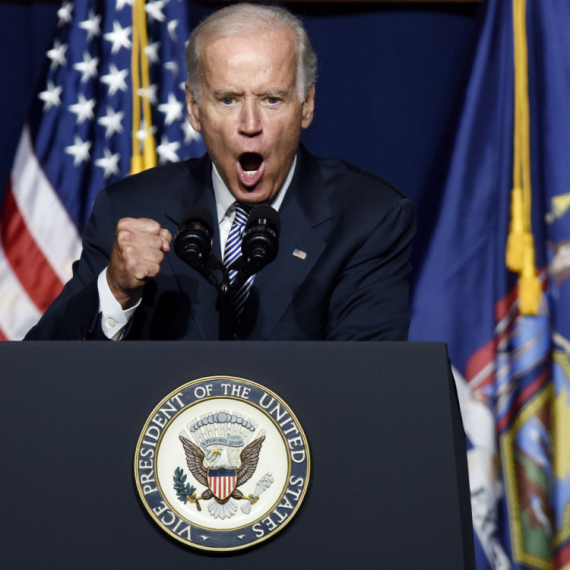
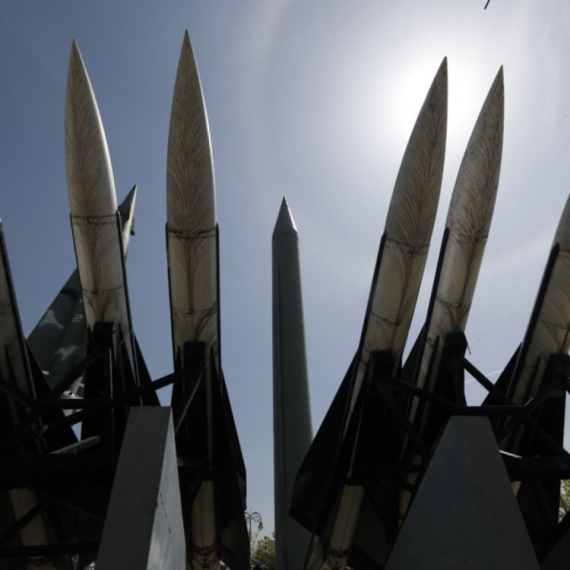


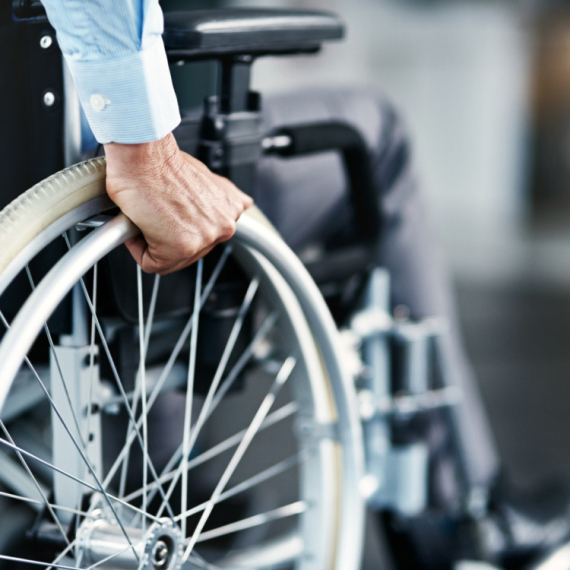



















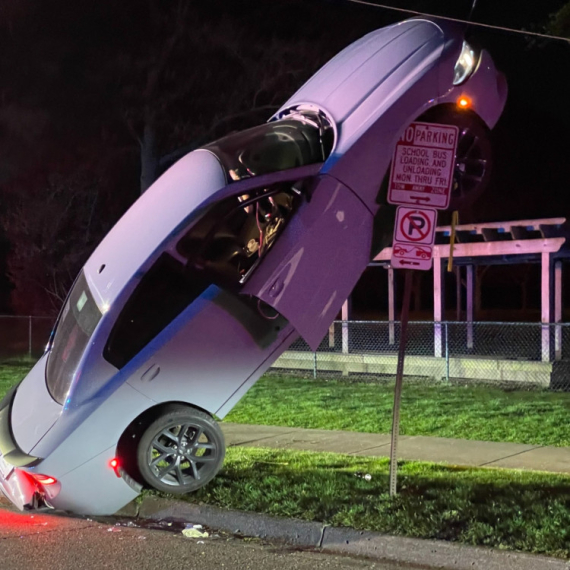

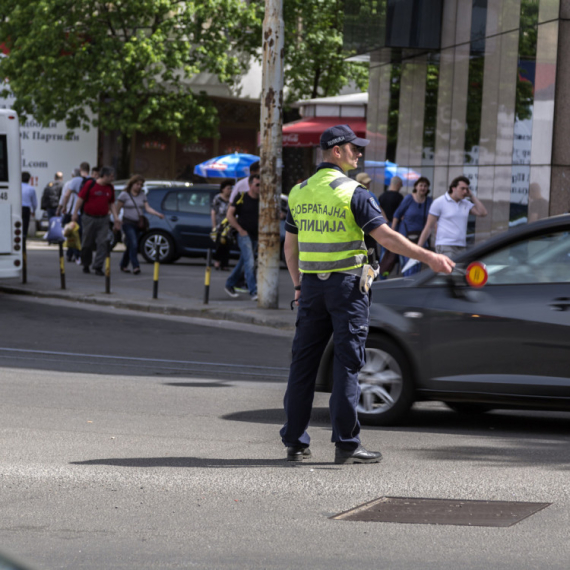







Komentari 0